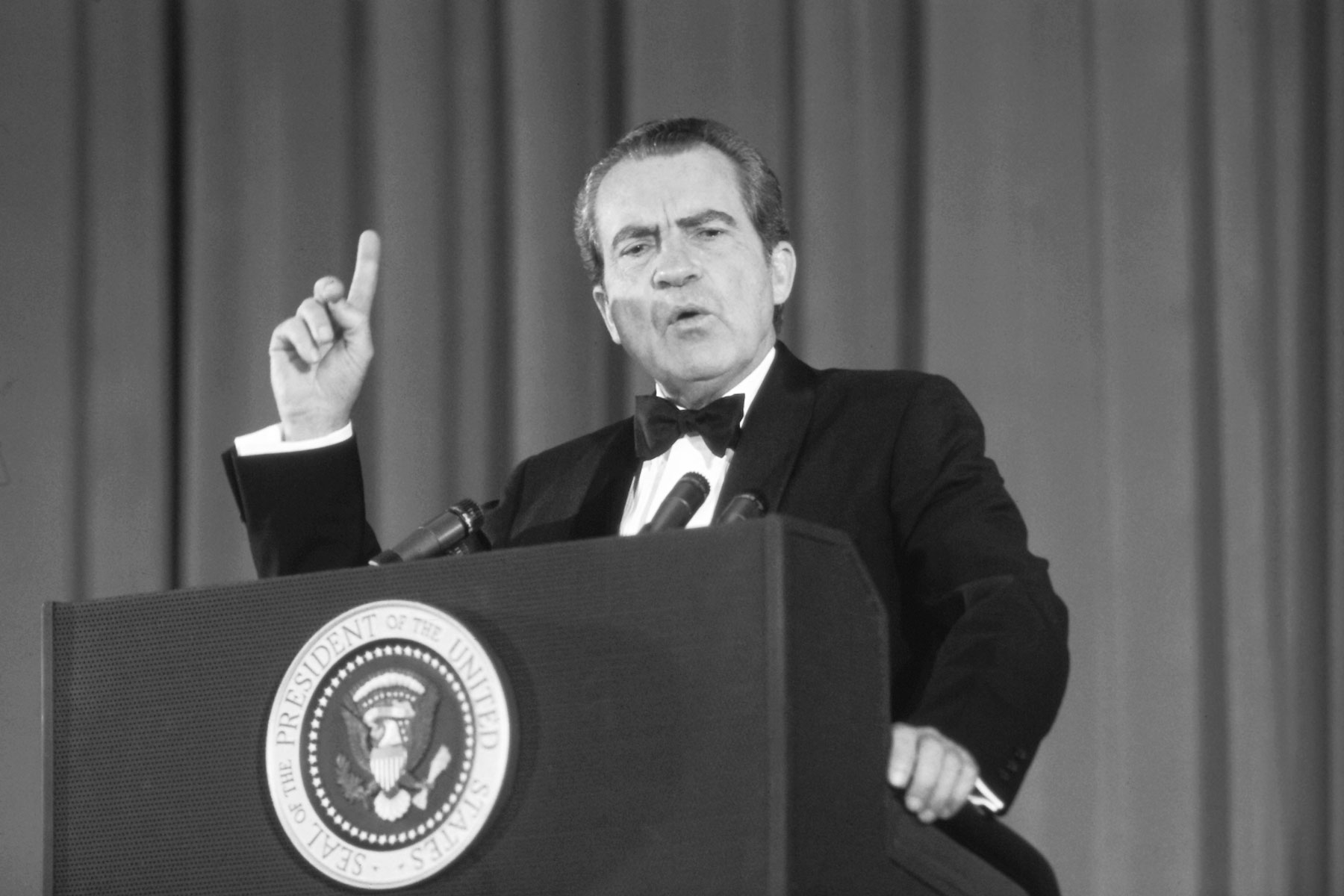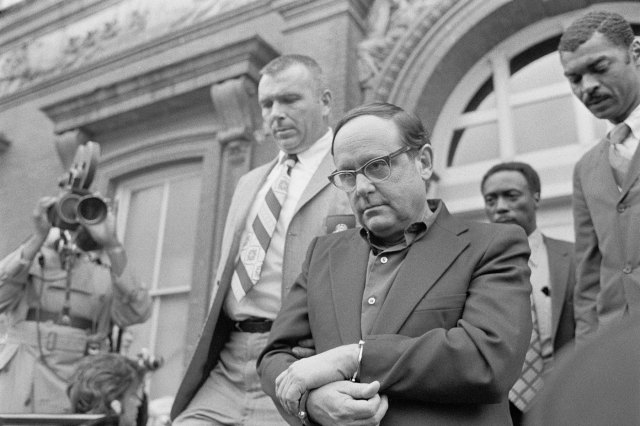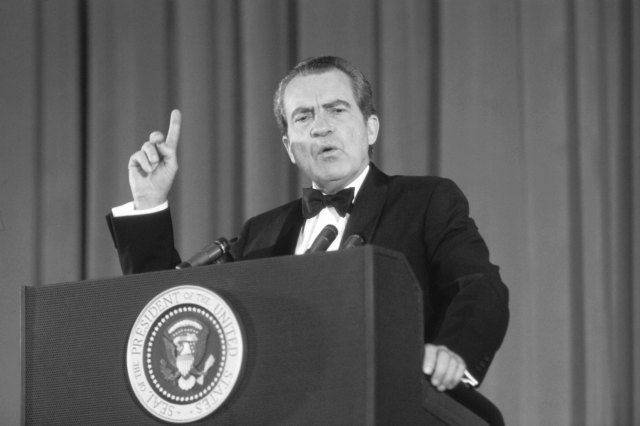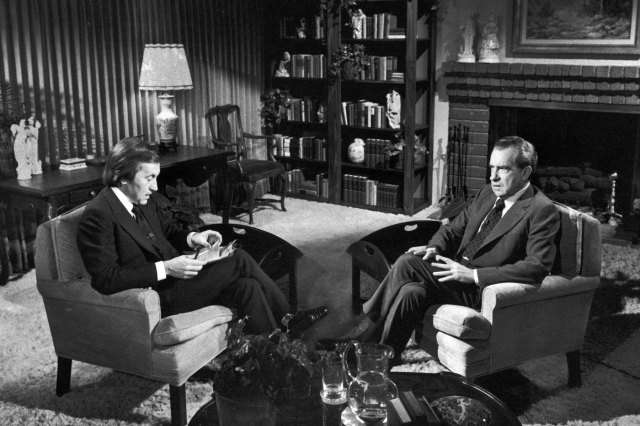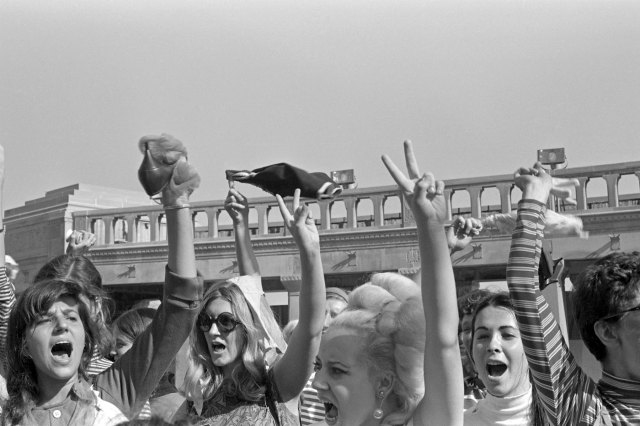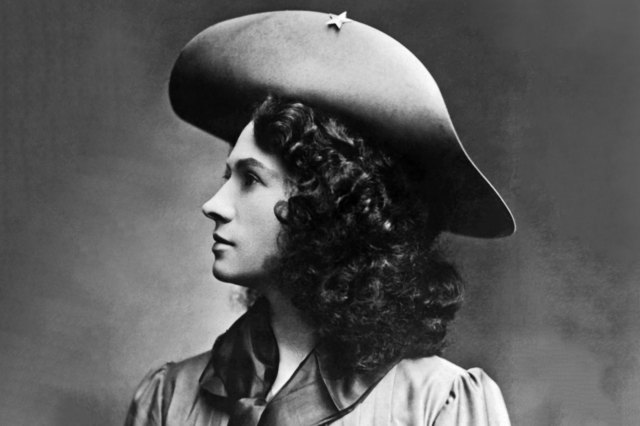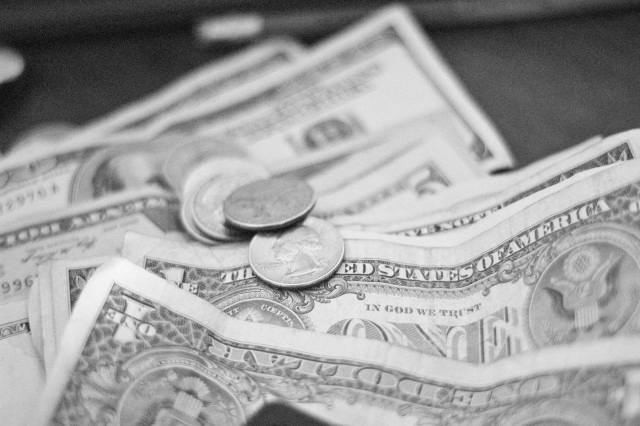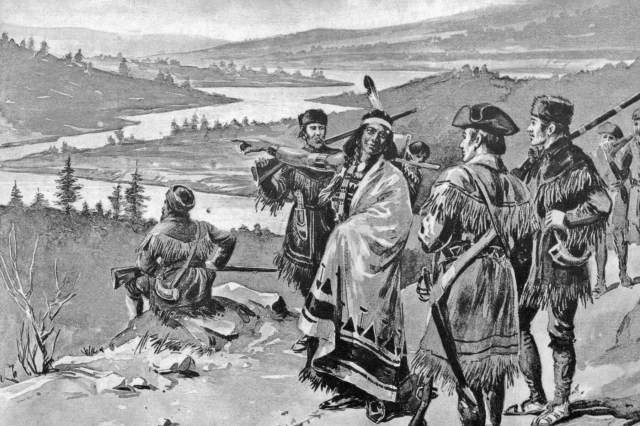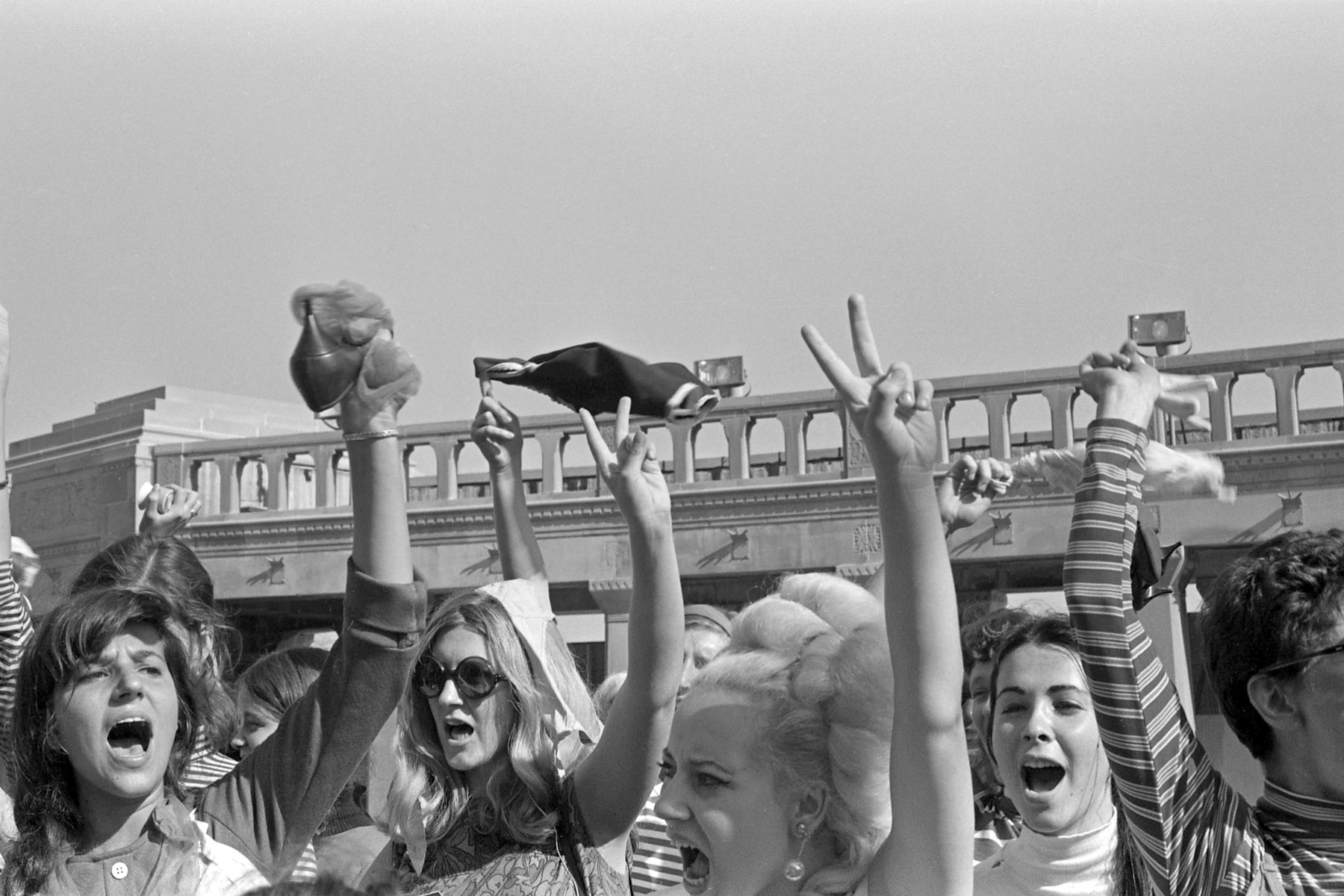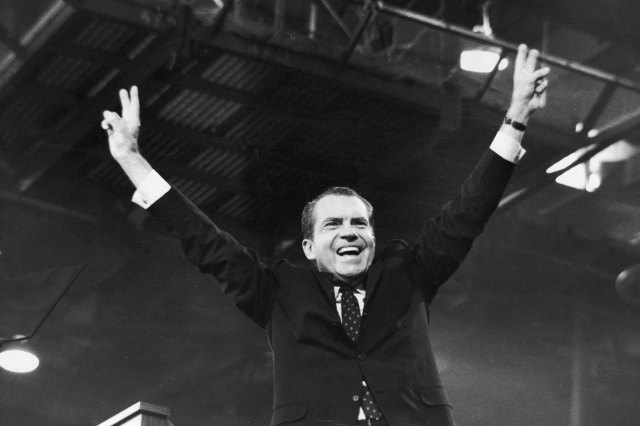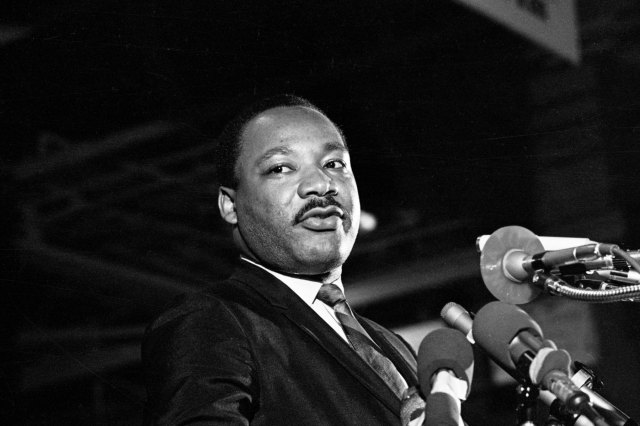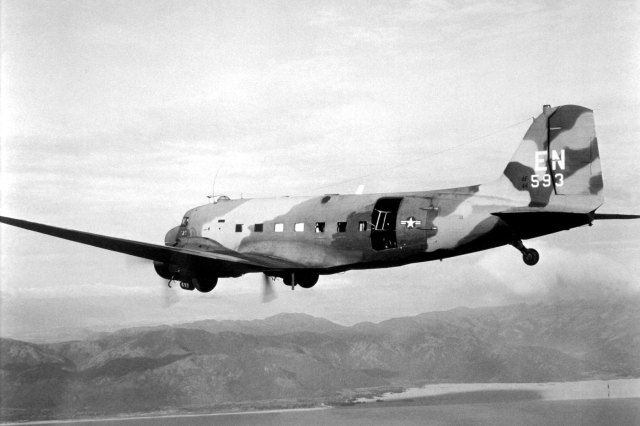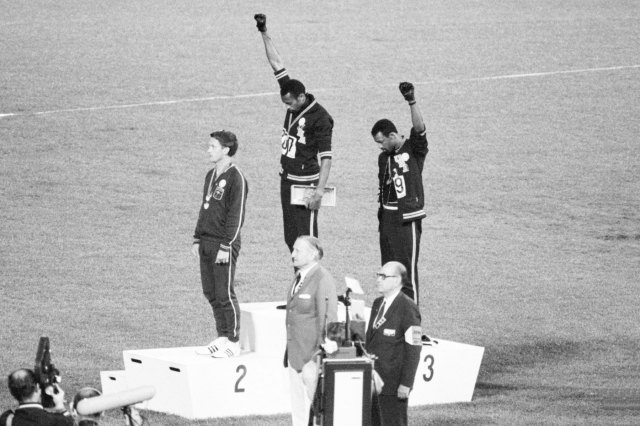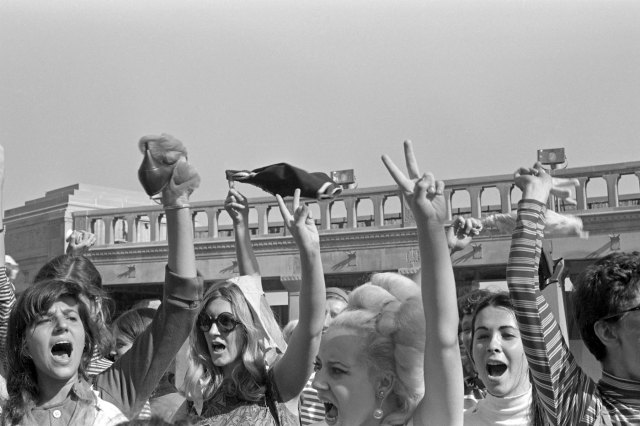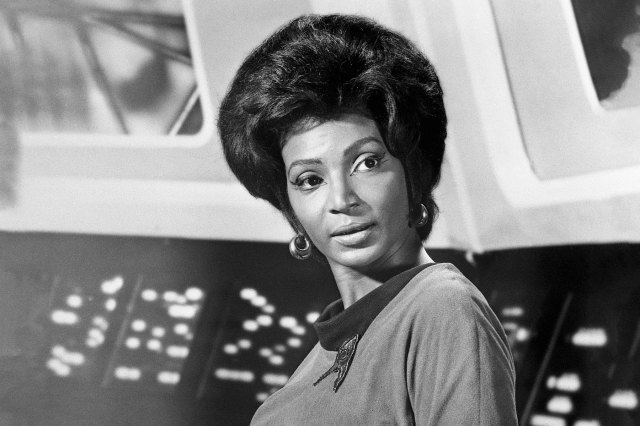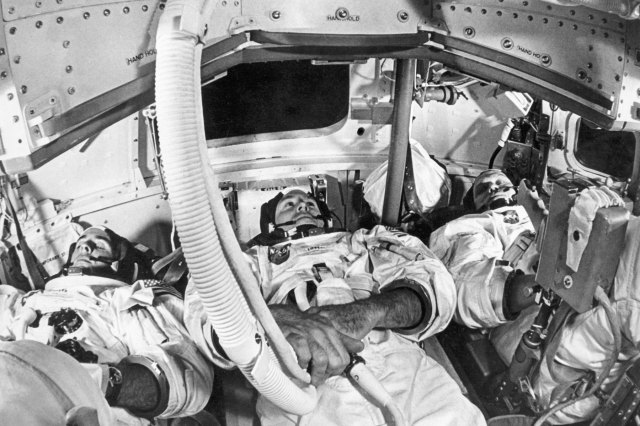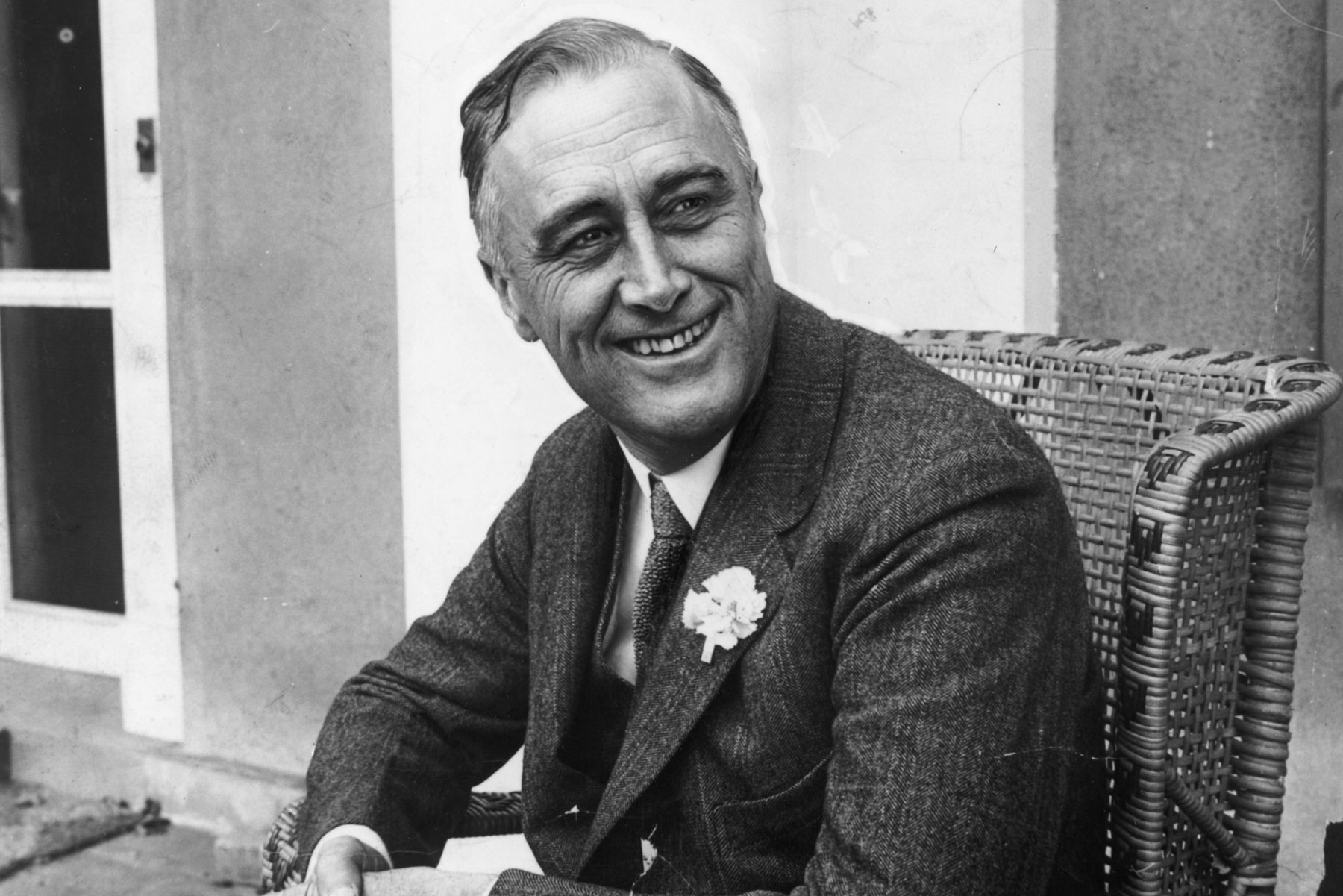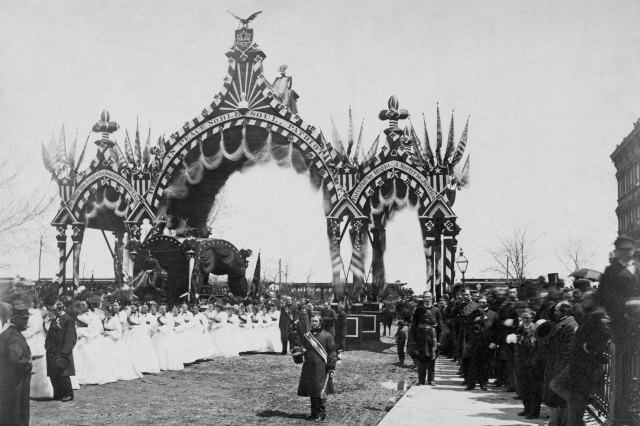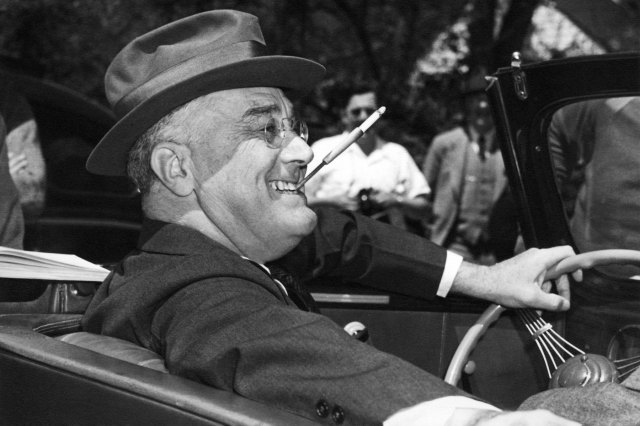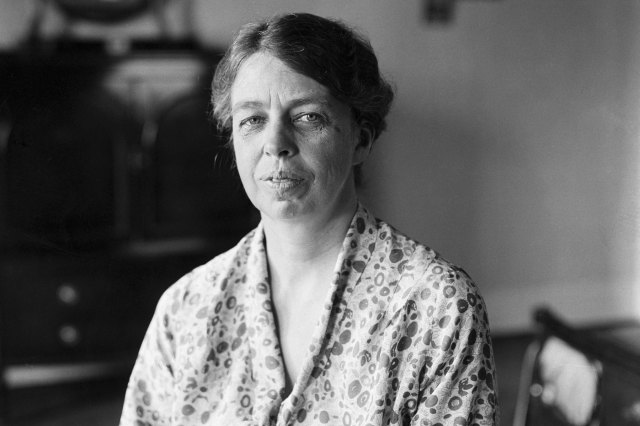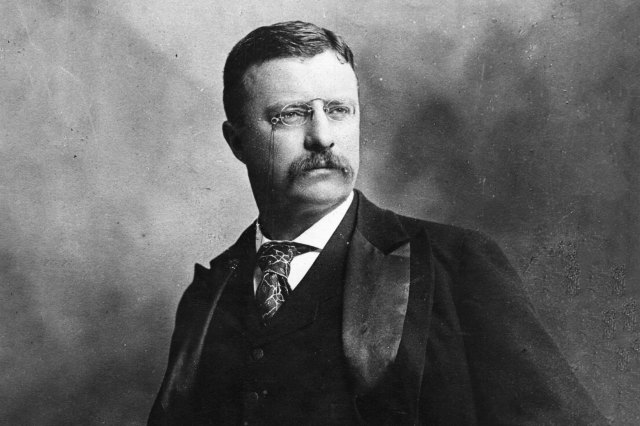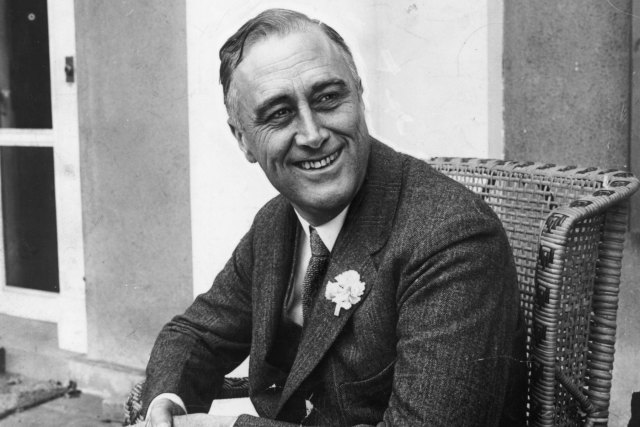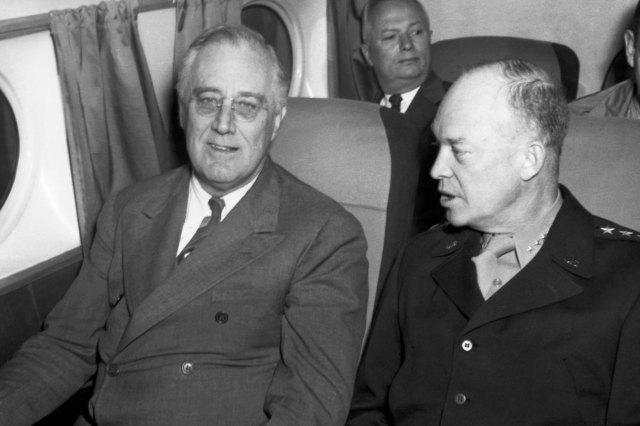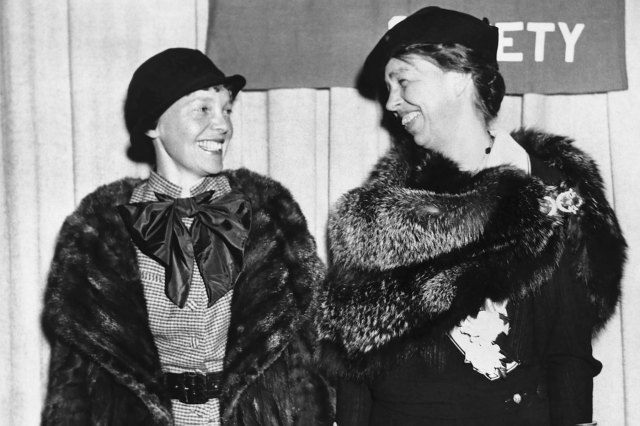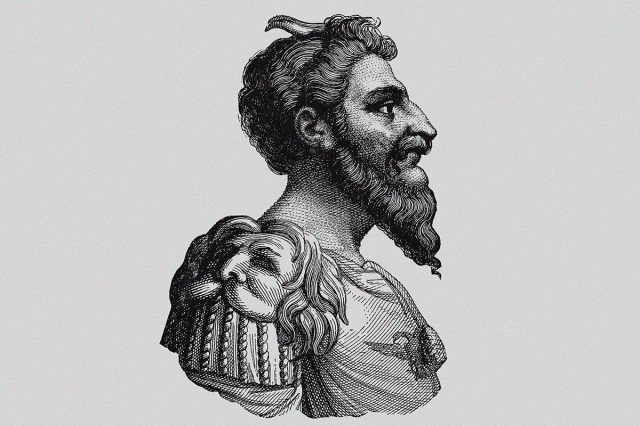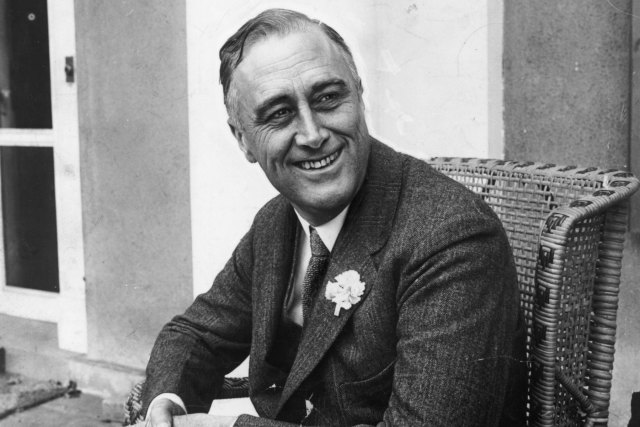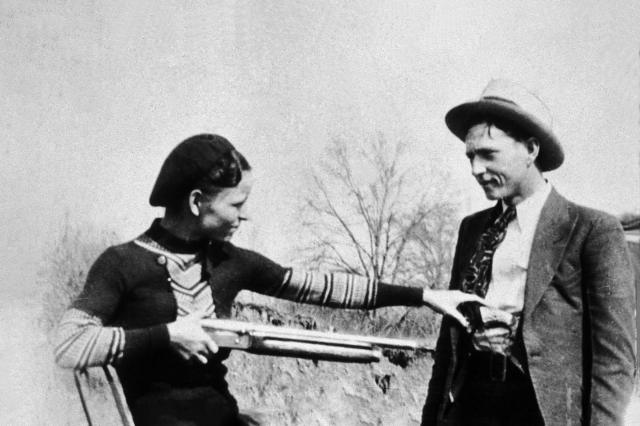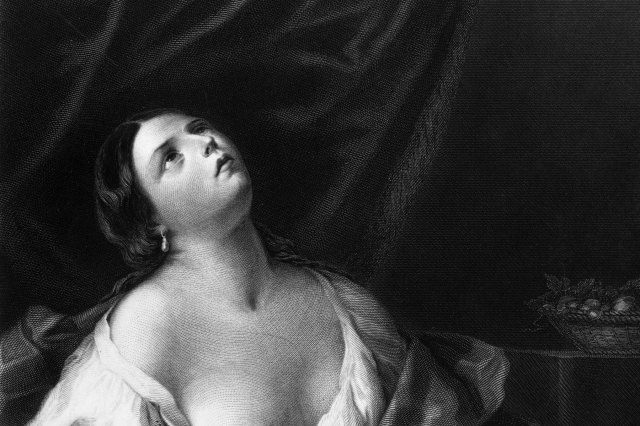5 Watergate Facts You Probably Didn’t Know
It’s nearly impossible to live in the United States without learning quite a bit about the infamous Watergate scandal. You probably know that Watergate is the name of a Washington, D.C., hotel, that a politically motivated burglary there led to the first presidential resignation in American history, and that it’s the scandal that caused the suffix “-gate” to be attached to the end of just about every controversy in politics, sports, or pop culture since. But the Watergate story has so many layers and strangely fascinating details, there is always more to uncover, even for those of us who remember the events unfolding in the early 1970s. Here are a few facts you might not know about one of the most surreal episodes in U.S. political history.
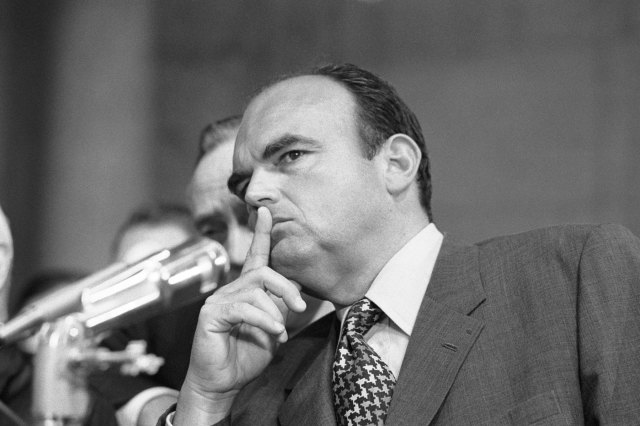
The Slang Term “Big Enchilada” Was Popularized By Watergate
John Ehrlichman, President Richard Nixon’s chief domestic affairs adviser, popularized so many catchphrases, he could have been a pro wrestler. One of these was “the big enchilada,” which he used to refer to U.S. Attorney General John Mitchell. Ehrlichman was caught on tape expressing his hope that Mitchell, as a big name and political heavyweight, could take the blame for Watergate and get the heat off of everyone else. Merriam-Webster’s dictionary now defines “the big enchilada” as a phrase meaning “the most important issue, person, etc.” The Watergate scandal and ensuing trial also popularized the terms “cover-up,” “deep-six,” and “smoking gun,” the latter of which was used to describe the tape Nixon made that reveals he ordered the FBI to stop investigating the break-in.
More Trending Stories
-
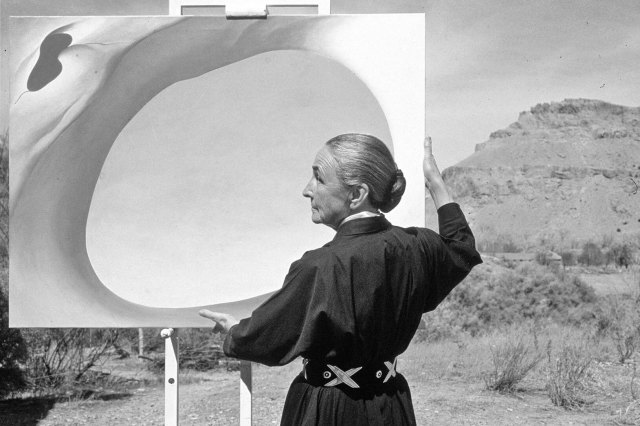 Arts & Culture
Arts & CultureRevealing Facts About 5 Celebrated Painters
12 -
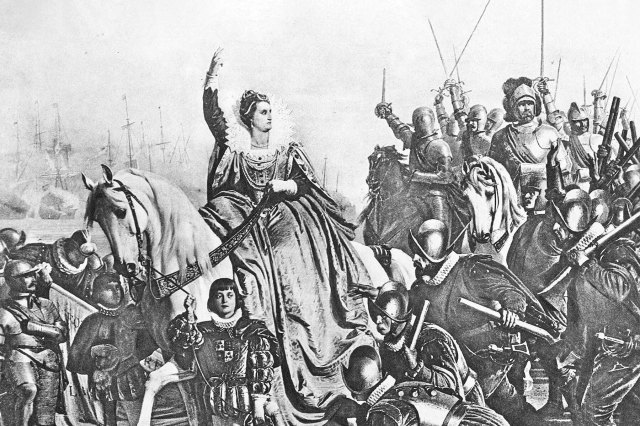 World History
World History5 Facts About England’s Elizabethan Era
25 -
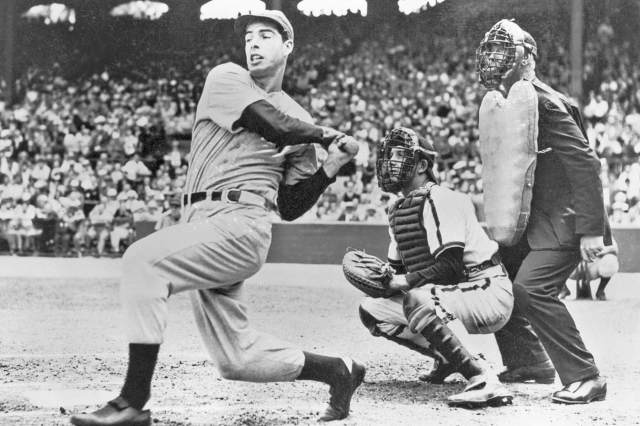 Arts & Culture
Arts & CultureUnforgettable Moments in Baseball History
8 -
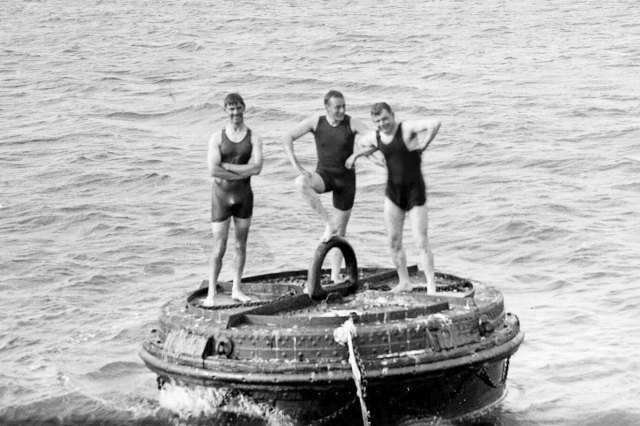 Arts & Culture
Arts & Culture5 Fun Facts About Swimsuits Through History
34 -
 Science & Industry
Science & Industry5 Inventions That Came Out of the Great Depression
40 -
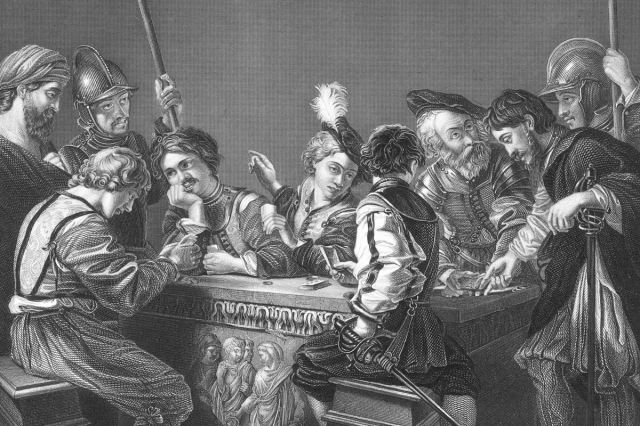 World History
World HistoryFascinating Facts About Everyday Life in Ancient Rome
20 -
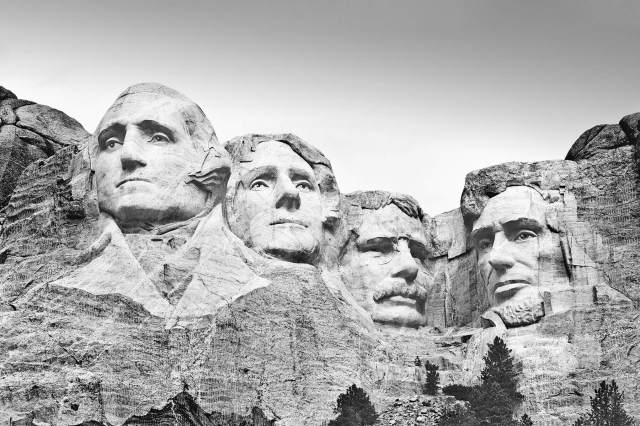 U.S. History
U.S. History6 Facts About the Mount Rushmore Presidents
9 -
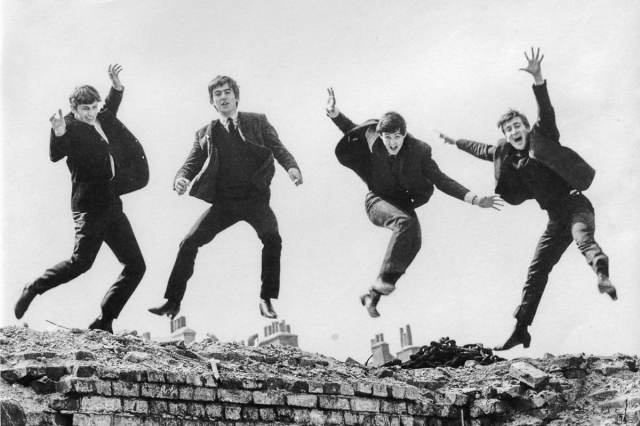 Arts & Culture
Arts & Culture5 Fab Facts About Music’s British Invasion
12 -
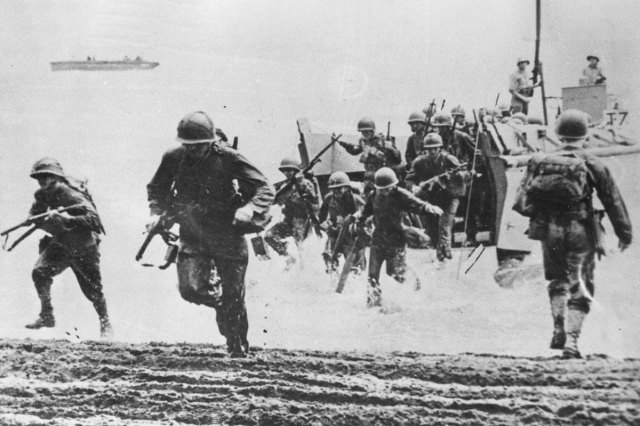 World History
World History9 World War II Facts Every History Buff Should Know
15





